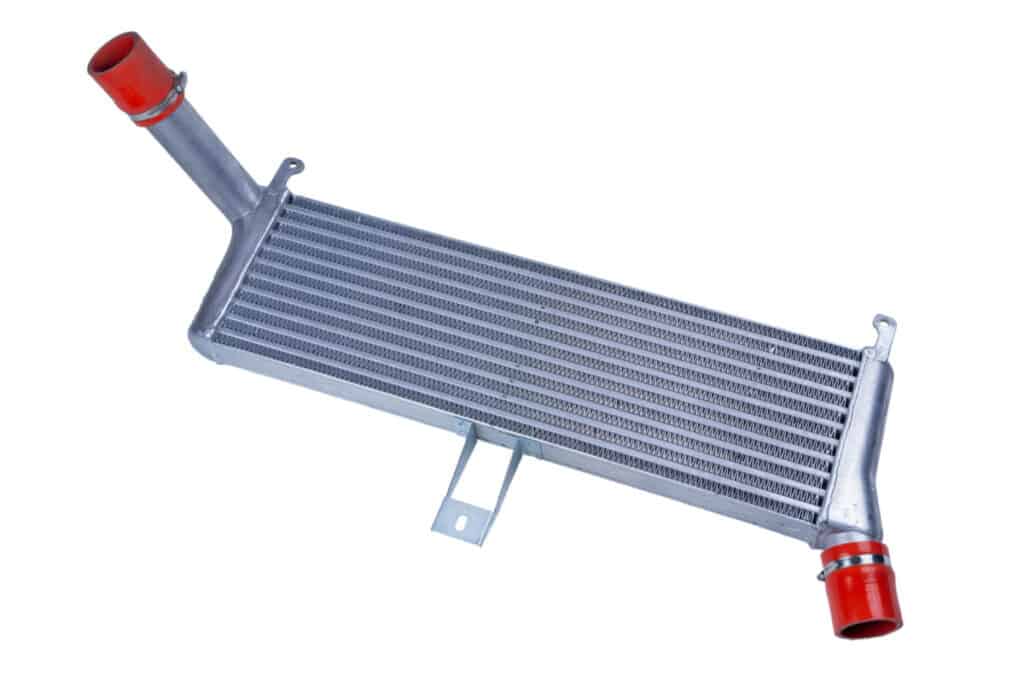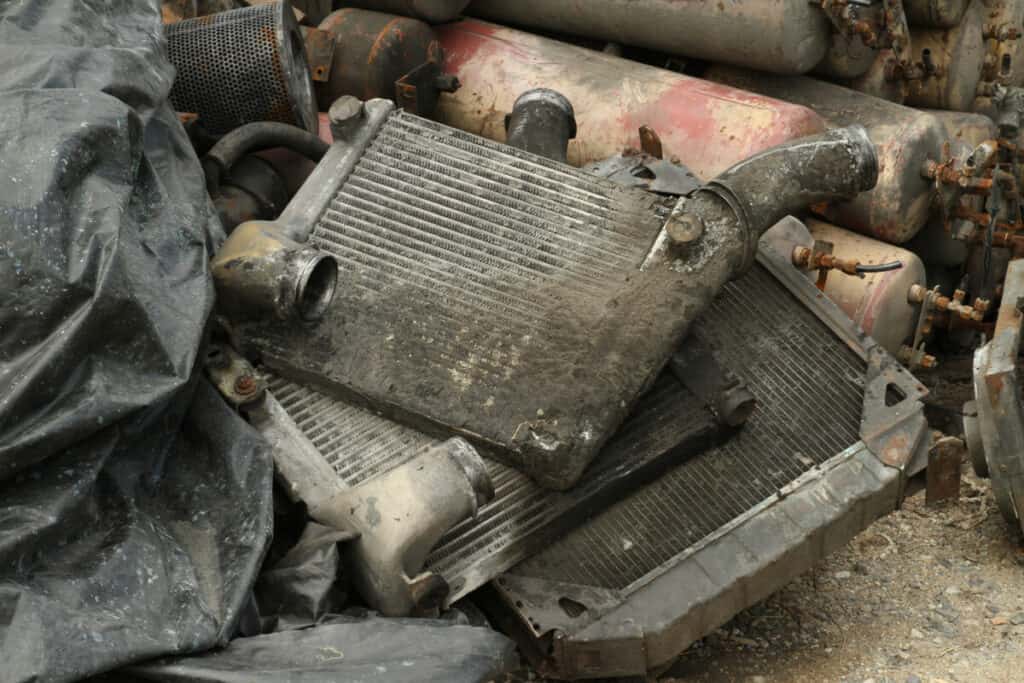The first turbo car I owned was a Toyota Starlet GT Turbo, and I distinctly remember the first time I drove that car in near freezing temperature and it honestly felt like I was driving a different car, even the blow off valve had a fresher sound to it. So that got me thinking, is cold weather good for turbo cars?
Cold air is good for turbos because as the turbo heats under load or speed, the compressor output temperature also rises, this causes a reduction in the density and volume of air that is induced into the engine resulting in power losses, by cooling the air entering the turbo, you are increasing the efficiency of the turbo.
Why Turbos Like Cold Air
There is nothing that turbos like more than cold air, and lots of it. The basic function of how a turbo works is to suck in clean cold air and dump it into the engine which then creates a bigger explosion inside your combustion chamber giving you a massive increase in horsepower.
But there is a catch. Because a turbo is spinning at speeds of up to 280,000 RPM a lot of heat is generated due to friction etc.
This heat creates energy losses in the turbocharger which results in a noticeable loss of power. If you have ever driven your turbo car on a long journey, you might have noticed the car doesn’t feel as responsive near the end of the trip.
Thermodynamic Losses
That’s because the turbo housing, exhaust header, engine, and oil are all really hot and the engine is struggling to get the oxygen it needs, due to the output temperature of the compressor reducing the volume and density of the air entering the engine.

Boost pressure is created inside the compressor but because pressure and temperature are directly proportional it means that the more boost pressure you apply results in more heat being generated in the compressor output, and because hot air is less dense, it contains fewer molecules of oxygen meaning less power output of the engine.
By reducing the temperature of the air leaving the compressor we can significantly reduce the loss of power caused by low-density air. That’s why turbo cars like cold weather so much because they can draw in the maximum amount of oxygen necessary to perform as efficiently as possible.
The easiest way to cool this air leaving the turbo is by using an intercooler. The intercooler is installed between the turbo and the intake manifold, when the air leaves the compressor outlet of the turbo it then passes through the intercooler and into the intake manifold.
While all turbo cars come with some form of an intercooler, they are usually far too small to perform well under load and high temperature, that’s why cold weather is good for turbo cars because turbos love the cold air due to the intercooler needing to cool the air less.

A better option would be to install an aftermarket front-mounted intercooler. Intercoolers come in many shapes and sizes and can make drastically increase the power output of your engine, especially in cold weather.
Now let’s talk about the other type of losses.
Mechanical losses
Turbos are designed to transform the energy from exhaust gasses into mechanical energy and then pressure. Unfortunately, some mechanical losses have been found to have a negative impact on the performance of a turbocharger.
These losses are generated by friction, mainly in the turbine shaft, bearings, and any other moving mechanism contained inside the turbo. This means that the hotter the turbo gets the more mechanical losses that occur.
Even though cold weather is good for turbo cars we can’t depend on it all the time, but what you can do is install a few simple upgrades which will greatly reduce any losses which may occur in your turbocharger.

The main thing to do to reduce mechanical losses in a turbo is to install an oil cooler. An oil cooler is just like the front-mounted intercooler we spoke about earlier in the article only it cools the oil instead of air. This will make a huge difference in your oil temperature and it will ensure you don’t get any oil coking up the internals of your turbocharger causing premature turbo failure.
Most cars come stock with an oil cooler but these oil coolers are only designed for basic driving conditions. If you are trying to maximize the performance of your engine the stock oil cooler is not going to be capable of keeping your oil cool enough to effectively lubricate your engine and turbo under extreme stress and load.
Recent Posts
If you've ever wondered at what speed does your turbo kick in, then you have come to the right place. This article explains exactly what it is that causes your turbo to "kick in" and how to take full...
